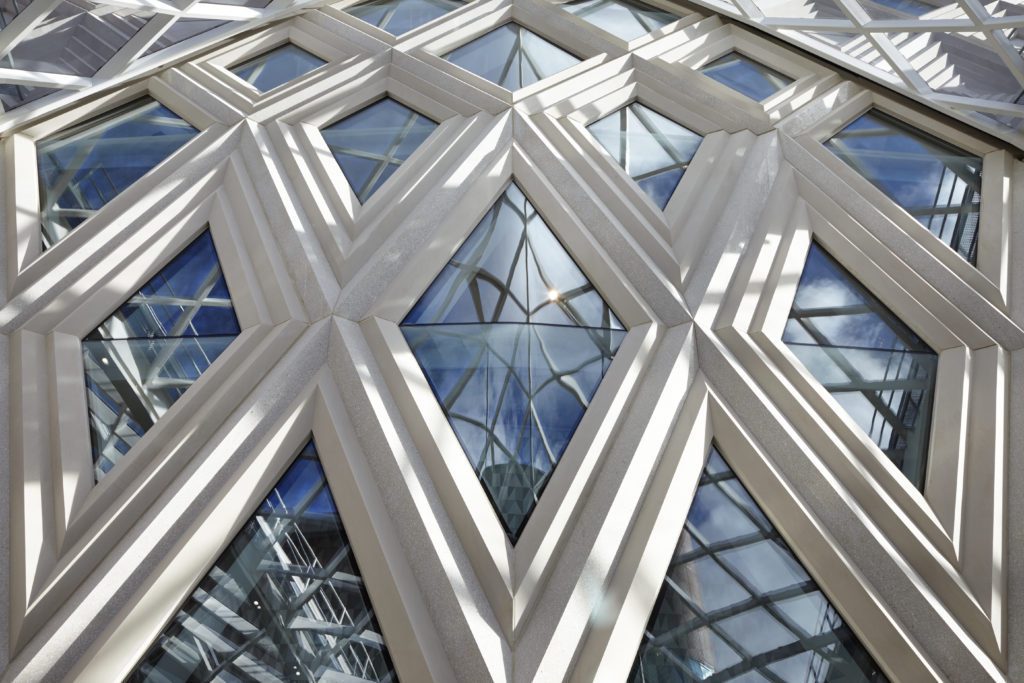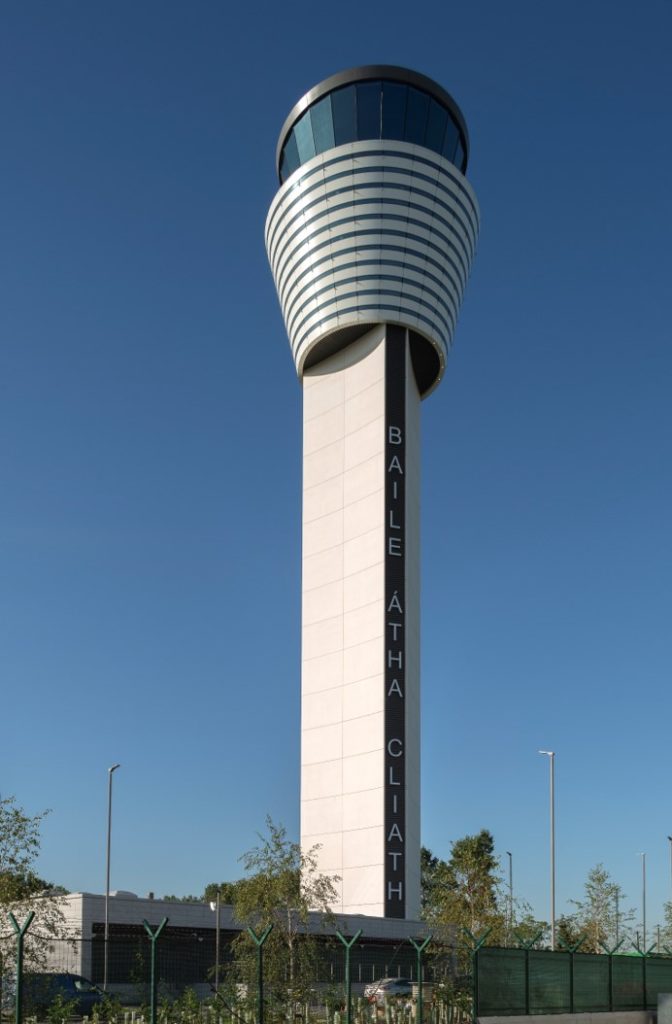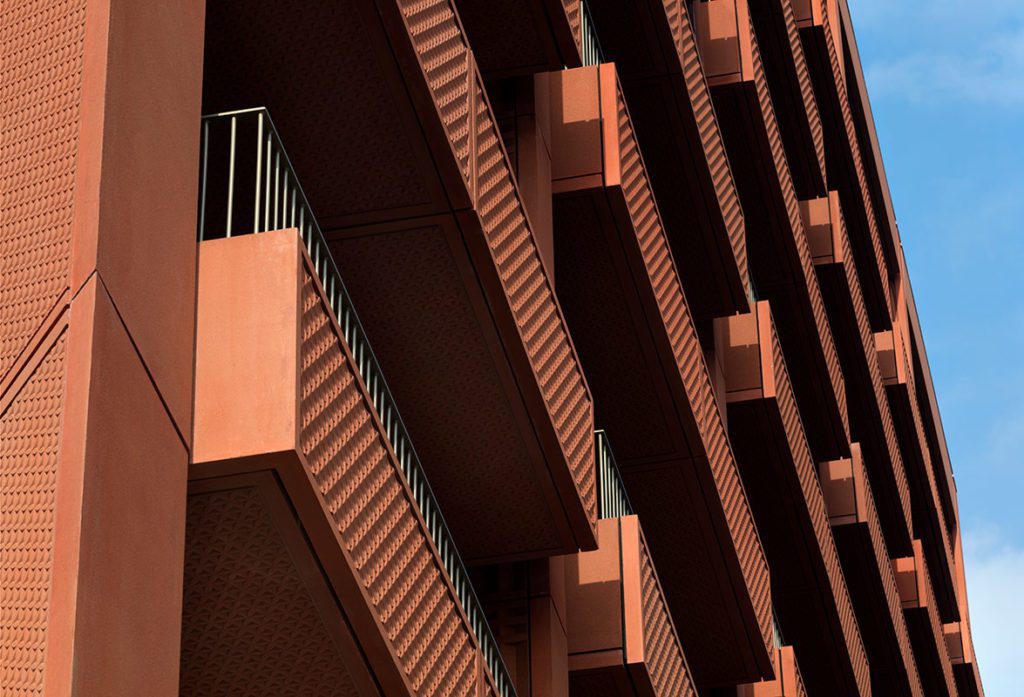Precast Concrete Innovation – Leading the Way
Leading the way in producing the highest quality, most efficient and sustainable precast cladding components on the market, our technical ability has made us the preferred precast partner of many of the leading architectural and consulting engineering companies in Ireland and the UK.
Through R&D and innovation, we are always striving to create savings which can be passed on to our customers. Running multiple R&D programmes concurrently enables us to make technological breakthroughs in this regard.
Concrete Innovations
Novel High Performance Concrete
Techrete were an integral part and founding member of the 14-partner EU H2020 funded project IMPRESS. The project focused on developing thin, lightweight, energy efficient sandwich panels incorporating non-corrosive reinforcement and phase change materials. And our very own R&D laboratory in operation today has been constructed out of a selection of these panels. We are continuing to develop these areas of research into practical applications which can be offered to our clients.
Minimizing Embodied Carbon Through Mix Design
We are developing a range of high-performance, low-carbon mix formulations which incorporate low carbon cement replacement powders and state of the art chemical admixtures. Our ambition is to produce low carbon solutions in line with current production cycles.
Panel Weight Reduction
In addition to research being conducted on producing thinner and hence lighter panels, Techrete are exploring other ways of reducing the weight of our product. Air entrained concrete and glass reinforced concrete have the potential to reduce panel weight by up to 25%.
Production Innovations
Achieving Complex Geometries
Our ability to achieve complex unit geometries is reliant upon our in-house design and manufacturing expertise, developed over 36 years, which allows us to both optimize material usage and minimize waste throughout the production process.
Increasing Production Efficiencies through Self Compacting Mixes
We are continually reassessing all our current mix designs and have developed self-compacting concrete variants of our standard mixes in line with EU recommendations to ensure they are as efficient and environmentally responsible as possible.
Heat Sensors for Overnight Temperature Monitoring
A host of temperature, humidity and CO2 sensors have been installed in both factories to monitor the factory’s indoor environment. This allows us to optimize our energy and carbon consumption as we work towards our target of reduced carbon.
Waste Innovations
Incorporating Waste Products to Create a Circular Economy
Concrete and washout waste is managed in a two-stage process. First, larger particles are separated in a dewatering vibration chute. We are collaborating with local universities to investigate how much of this solid material can be reintroduced into the concrete without affecting the concrete’s quality.
Additionally, Techrete have joined the EU-funded CIRRCON research project, which aims to transform waste streams into a binder for concrete products. Read more about the CIRRCON project here.
State of the Art Filter Press to Minimize Waste
After the larger solid particles are removed the grey water (water + finer solids) from washout and other processes including polishing is sent to the second processing stage. The finer solid particles are kept suspended to avoid any settlement and the liquid waste is sent to a ‘filter press’. Here the material is squeezed like an accordion, gathering all remaining solid particles together. We are also exploring the possibility of re-using these solid filter waste cakes as part of a bi-product.
Water Management
Techrete only use mains water for concrete production and our canteens. Rainwater is collected from our facilities and stored in our lagoons for use in the finishing processes such as polishing and general wash-down. Wastewater from our facilities is separated into two streams – alkaline from concrete production and acidic from etching. These streams are processed separately to ensure each receives the appropriate treatment prior to being recycled.
Innovation Gallery




